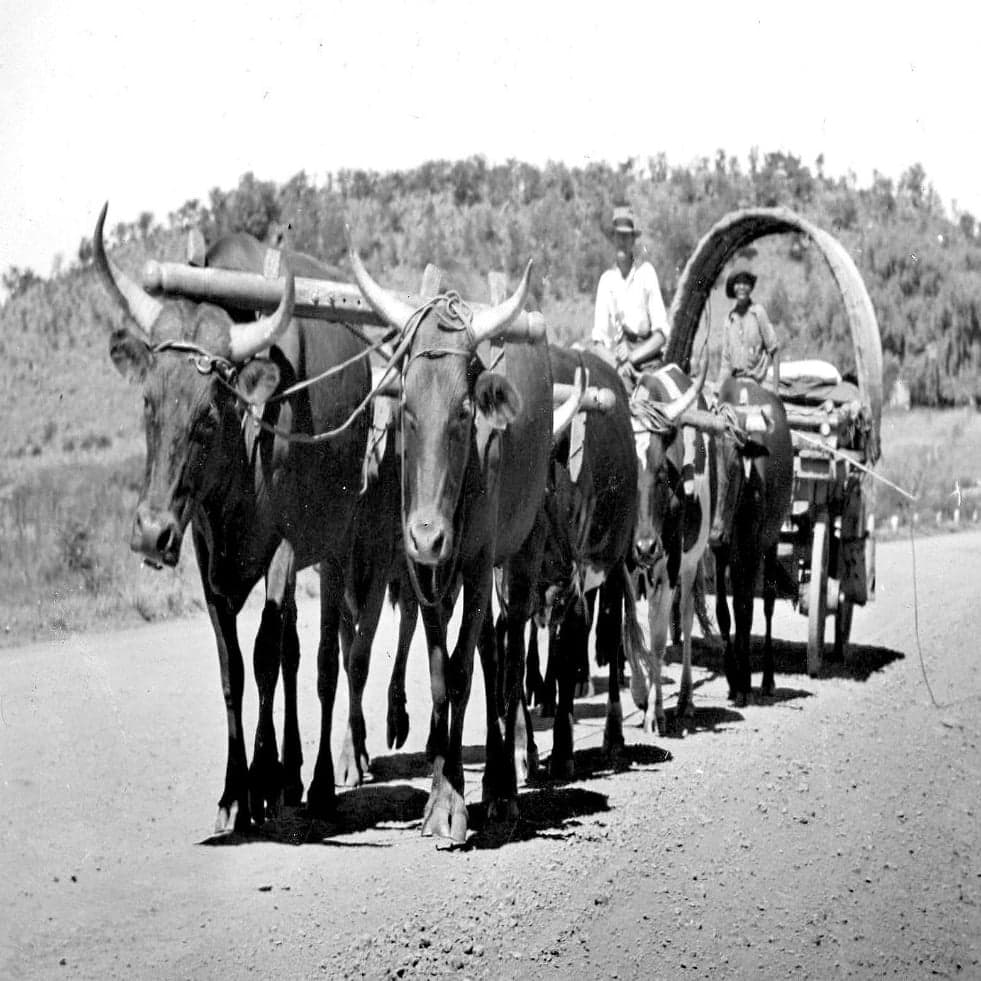Published:
Milk has always been an essential part of India’s culture. In the early 1900’s, India's milk production was incredibly inefficient and was struggling with its limited production of milk. Until one individual, Dr. Verghese Kurien caused a dramatic change in his home country. Dr. Verghese Kurien, known as the Milkman of India, is also a Michigan State University alumnus. Dr. Kurien states himself that Michigan State University provided him with the best education and prepared him to achieve his dream.
In the early 1940’s, a small town in India named Anand was producing good quality milk to the Indian society. Dr. Kurien moved to Anand, the Milk Capital of India, hoping to improve the efficiency of milk production across all of India. This man had a rare vision and dream: his dream was to empower the farmers of India. He began to achieve this dream by installing pastoralism for the cooperative society. Soon enough, he was the co-founder of Amul, India’s largest dairy food brand. This company was noticed by the prime minister of India, Lal Bahadur Shastri, who encouraged the expansion of Amul across India in 1964. Throughout the years, Dr. Kurier changed the life of about 50 million farmers and encouraged them to be prominent leaders and to create their own milk cooperatives. Milk production increased from 16 million tons in 1950 to 74.3 million tons in 1999.
Amul ensures that 80%-86% of what its consumers spend goes back to its dairy farmers. The company runs semen stations, mobile veterinary vans, and a machine manufacturing company. It also operates 1,000,000 retailers, 10,000 distributors, and 69 dairy plants across all of India. Today, Amul is producing more than 50 dairy products, thanks to its technological innovation and continuous installation of the best technology available. Recent statistics state that the per capita availability of milk in India increased from 176 grams per day in 1990-91 to 322 grams per day by 2014-15. Also, the annual output of milk is still increasing. It increased from 137.69 million tons during 2013-14 increased to 146.3 million tons during 2014-15, a growth of 6.26%.
With so many accomplishments, we begin to ask ourselves what are the challenges that Amul faces in a modern-day life? Amul constantly contemplates whether the selfless and dedicated roots of the founding fathers will remain engraved in India’s soil. How can they keep India’s farmers insulated from volatile global dairy commodity markets advocated by the European Union, Australia, and New Zealand? The company is continuously searching for greater enhancement and productivity that will lead to an increase in milk production in the future.
Even though India is surrounded by milk deficient countries, it has managed to become the largest milk producer in the world. Dr. Kurien’s leadership skills and values played a primary role in creating a strong foundation on which the success of Amul was built. The key factors include dedication, integrity, excellence, and the commitment to the welfare of farmers and underprivileged classes. India has successfully combined the competence of professionals and wisdom of farmers.
File under






